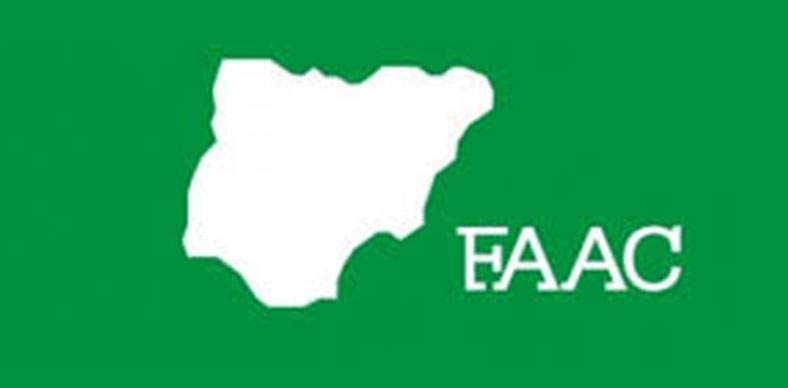In a major financial windfall for the Nigerian government, the unification of the country’s exchange rate has led to a remarkable increase in revenue from foreign exchange differences, with a total influx of N1.36 trillion recorded over a span of six months. This revelation comes from data extracted from communiques of the Federation Account Allocation Committee (FAAC), underscoring the significant impact of currency exchange dynamics on the nation’s fiscal coffers.
The unprecedented surge in revenue is directly linked to foreign exchange revaluation gains stemming from the depreciation of the naira, which is currently trading at N825 to the US dollar, a stark contrast to its 2022 closing rate of N461.50 to the dollar. The data from FAAC’s communiques highlights a substantial surge in the difference, skyrocketing from N0.639 billion in June to a staggering N364.87 billion in November.
Over the course of six months, the breakdown of the accrued revenue reveals that the federation account amassed N625.77 billion from exchange difference revenue. Following statutory deductions, state governments received N317.36 billion, with N244.66 billion allocated to the local government.
It’s essential to note that before the allocation of funds to the three tiers of government, obligatory deductions, such as the 13% derivation and other charges, are made. Subsequently, the Federal Government receives 52.68%, State Governments receive 26.72%, and Local Governments receive 20.60% based on the current vertical allocation formula for net federation account revenue distributable.
Further analysis reveals that out of the Federal Government’s share, specific allocations are designated for various purposes, including addressing general ecological issues, development of natural resources, and statutory stabilization, in addition to the allocation for the Federal Capital Territory.
Notably, 13 state governments have reported substantial foreign exchange revaluation profits amounting to a cumulative N71.59 billion over a three-month period, as indicated by data from the third quarter budget implementation report. Among the standout performers, Akwa-Ibom emerged at the forefront with earnings of N10.2 billion, trailed closely by Jigawa at N7.23 billion and Imo at N6.26 billion.
Meanwhile, on the lower end of the spectrum, Bauchi recorded the lowest profit of N120 million, while Ebonyi received N4.79 billion and Osun garnered N4.89 billion, underlining the diverse financial impacts across the states.
